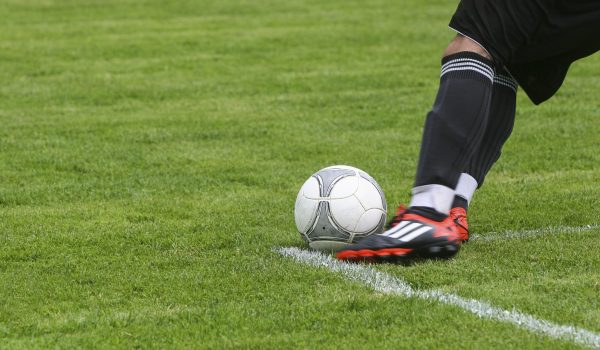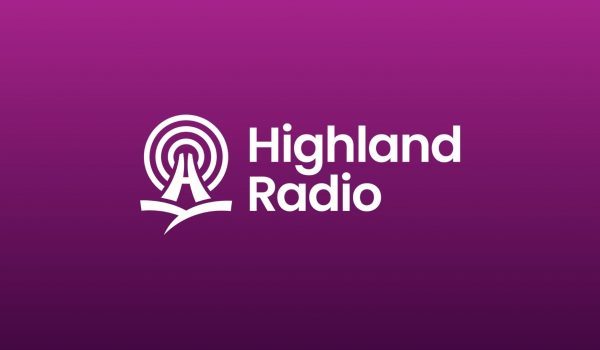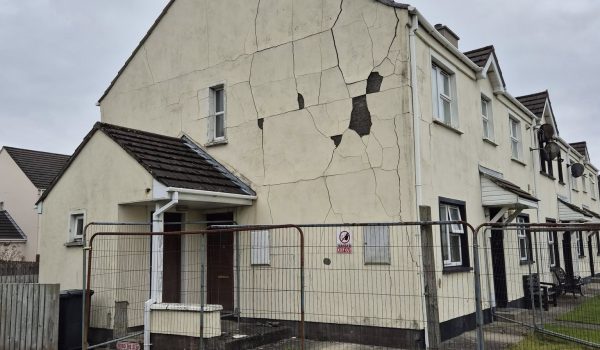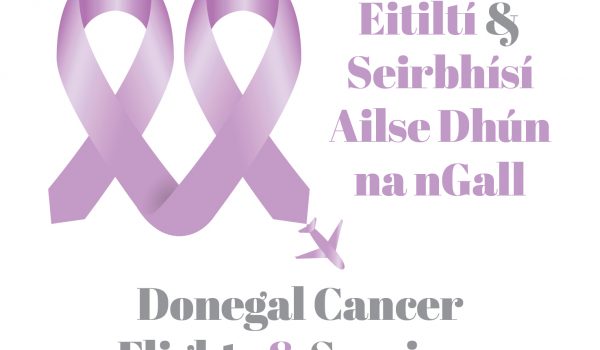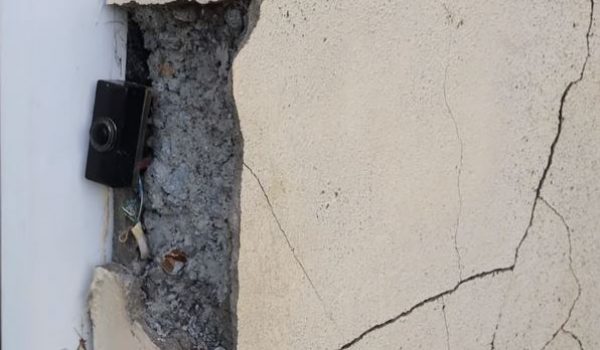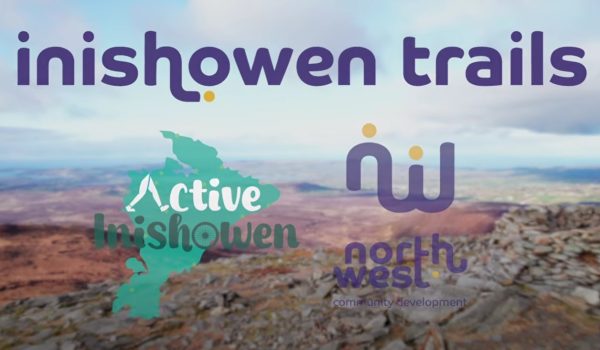
A garda who led an investigation into the alleged rape of a 16-year-old girl by her schoolmate in Co Donegal two years ago has been questioned about alleged inconsistencies in the evidence.
A 19-year-old youth has pleaded not guilty to raping and orally raping the girl behind a building in a town in Co Donegal in the early hours of March 18, 2016.
On Day 7 of the trial at the Central Criminal Court this/yesterday (WEDNESDAY) morning, Garda Paul Leape was cross-examined by defence counsel about why gardaí had not questioned the girl on alleged discrepancies in her accounts of what happened.
The court heard that the girl was examined at a sexual assault treatment unit in the presence of a female garda three days after the alleged offences, and that she told the garda she had tried to ring a friend during the incident but got no answer.
The court also heard that when the girl gave her first formal statement to the same garda ten days later, she gave a detailed account of having rung her friend and the conversation they had had.
“I remember getting my iPhone down off the wall and ringing my friend. I remember speaking to her and being upset and crying. I was telling her that I didn’t know what to do and I was with (the accused) and I didn’t know how to get out of there,” the girl’s statement read.
Gda Leape agreed with Michael O’Higgins SC, defending, that the girl initially told gardaí that the phone call hadn’t gotten through to her friend but in her statement that it had.
Gda Leape rejected a suggestion from counsel that this was an “obvious” contradiction which should have been pointed out to the girl. The garda said it was “quite natural that she may have made errors”.
She was going through a traumatic experience where she was being examined externally and internally and there were photos being taken from head to toe,” he said.
Mr O’Higgins suggested that it was “very unlikely” that in the middle of a crime, the girl would ring someone, to which the garda replied that a witness statement had been taken from the girl’s friend corroborating that very account.
When counsel suggested that the girl’s memory may have been impaired, Gda Leape replied: “It was a couple of days after a traumatic event. I’m a father with two young girls so I think I can understand.”
Mr O’Higgins responded by asking if Gda Leape had sons and if he could show empathy to his client, to which the garda replied, “I have shown empathy to both parties all the way through this process.”
Gda Leape was also asked why the girl had not been shown CCTV footage of herself and the accused as they walked back from the scene of the alleged offences.
Mr O’Higgins said gardaí should have asked her “why had a person who’d been twice raped was walking hand-in-hand with the alleged rapist and kissing him?”
Gda Leape said he didn’t think it was “prudent” to show the girl the footage and said the job of the gardaí was to gather the evidence as it came before them.
“It’s not for us to cross-examine the witnesses. It’s not the responsibility of investigators to jog the memory of anyone,” said the garda.
Mr O’Higgins said the girl had made numerous statements on the night saying “I don’t know what happened.” He said the girl then gave “a semblance of a narrative” to the nurse in the sexual assault treatment unit, which later “crystallised into a detailed narrative account with beginning, middle and end,” in her statement to gardaí ten days later.
Gda Leape replied that any inconsistencies in what the witness may have said were recorded and produced as evidence.
“If you find an inconsistency, it’s your job to investigate them. It’s well within your remit to recall the witness to the box and ask her about it,” Gda Leape informed counsel.
The trial continues before Ms Justice Deirdre Murphy and a jury of eight men and four women.
- Fri, 13 Feb 2026
- (+353) 07491 25000
- (+353) 086 60 25000
